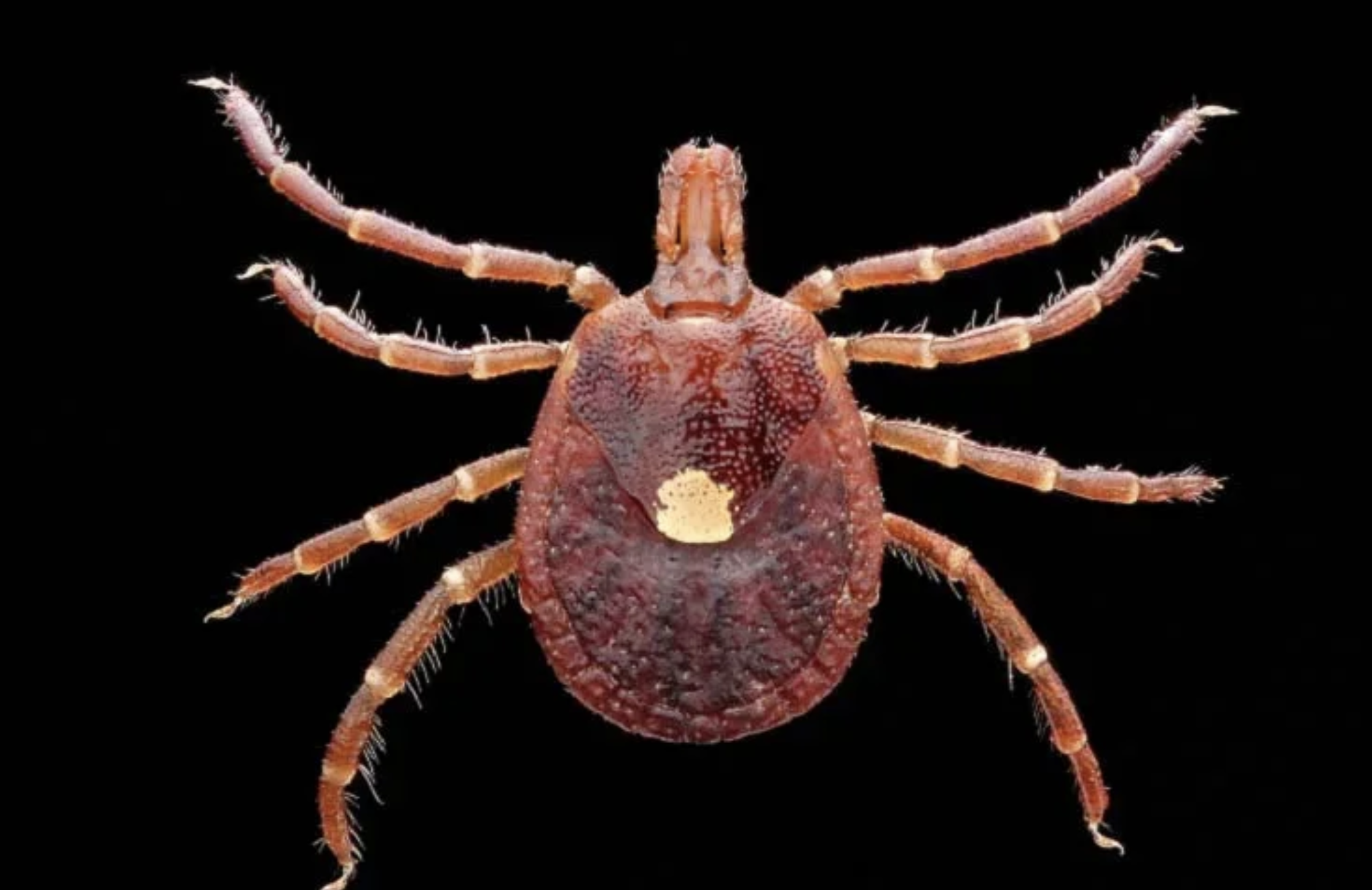Georgia Outdoor News – A tick-borne virus relatively new to Georgia has taken the life of a Baldwin County man, officials confirm. The officials did not identify the man.
The virus, called the Heartland virus, hospitalizes many of those infected. Emory University Associate Professor Gonzalo Vazquez-Prokopec, who has studied the virus since it was discovered in 2009, said that “for those individuals with some health conditions, (the virus) can be lethal,” he said.
Officials with the CDC said that the Heartland virus has been found to be active in Lone Star ticks in Georgia.
There are no vaccines or medications to prevent or treat the Heartland virus, according to the Atlanta-based Centers for Disease Control and Protection.
The news is no doubt unnerving for Georgia hunters, fishermen and anyone else who spends time outdoors. Anyone else who comes into contact with ticks on wildlife and pets are also at risk.
CDC officials said most people infected with Heartland virus experience fever, fatigue, decreased appetite, headache, nausea, diarrhea and muscle or joint pain.
Some of those infected also have lower than normal counts of white blood cells (cells that help fight infections) and lower than normal counts of platelets (which help clot blood). It can take up to two weeks for symptoms to appear after an infected tick bite.
Officials with the CDC said that the Heartland virus has been found to be active in Lone Star ticks in this state. Researchers at Emory University and the University of Georgia sampled nearly 10,000 ticks from central Georgia and found that about 1 in 2,000 ticks had the virus. The plan is to continue testing ticks statewide.
The CDC says that about 50 cases of the Heartland virus have been confirmed in the states where the virus has been found. Vazquez-Prokopec and other researchers suspect there have been many more cases that were mild or moderate that never got diagnosed.
“The best we can do is to protect ourselves against tick bites until we have a better idea of how serious it is,” he said … READ MORE.



